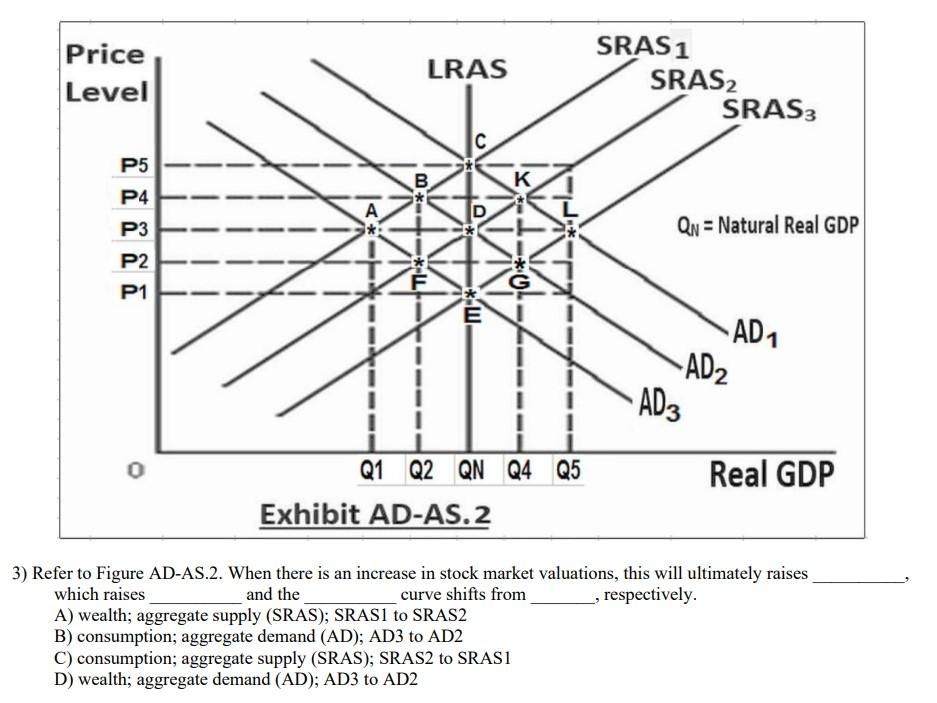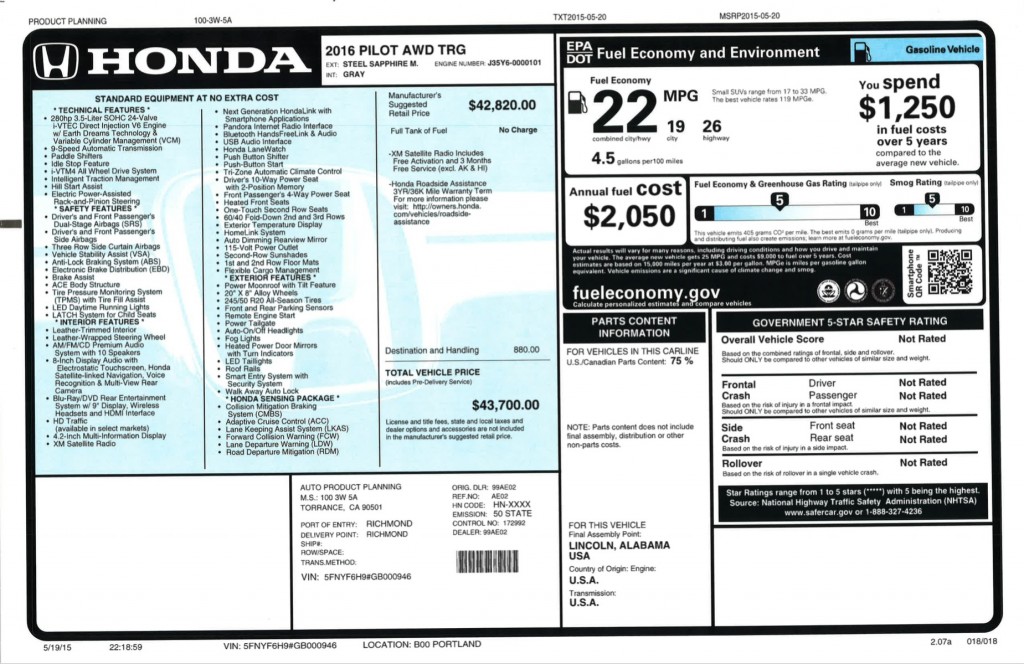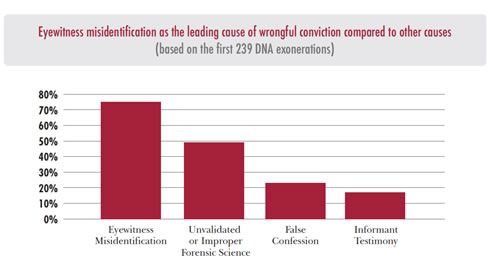Trump's Attack On Currency Manipulation: Implications For The KRW/USD Exchange Rate

Table of Contents
During his presidency, Donald Trump frequently accused several countries, including South Korea, of manipulating their currencies to gain an unfair trade advantage. These accusations, often leveled amidst escalating trade tensions, had a significant impact on the KRW/USD exchange rate, the value of the South Korean Won against the US dollar. This article delves into the implications of Trump's rhetoric and actions, exploring the complexities of currency manipulation and its effect on the KRW/USD pair, a crucial indicator of the economic relationship between the US and South Korea.
Understanding Trump's Accusations of Currency Manipulation
Defining Currency Manipulation: Currency manipulation, in the context of international trade, refers to actions taken by a country's government to artificially influence its exchange rate, typically by devaluing its currency to make its exports cheaper and imports more expensive. This can involve various interventions, including direct buying or selling of its currency in the foreign exchange market, manipulating interest rates, or imposing capital controls. While there's no universally agreed-upon definition, international agreements like those within the WTO provide guidelines, although enforcement is often challenging.
- Specific Instances: Trump frequently accused South Korea of suppressing the value of its Won to boost its export competitiveness, particularly in the context of trade imbalances between the two countries. These accusations were often made via tweets and public statements.
- Motives: Trump's motives were likely multifaceted, encompassing a desire to reduce the US trade deficit with South Korea and to exert pressure during trade negotiations. The perception of unfair competition stemming from a deliberately undervalued Won was a key element of his argument.
- South Korea's Response: The South Korean government consistently denied accusations of currency manipulation, arguing that its interventions in the foreign exchange market were aimed at stabilizing the KRW/USD exchange rate, not artificially devaluing the Won for trade advantages.
The Mechanics of KRW/USD Exchange Rate Fluctuations
Factors Influencing the KRW/USD: The KRW/USD exchange rate is influenced by numerous factors beyond accusations of currency manipulation.
-
Interest Rate Differentials: Differences in interest rates between the US and South Korea significantly impact capital flows. Higher US interest rates can attract investment away from South Korea, strengthening the dollar against the Won.
-
Global Economic Conditions: Global economic growth or downturns affect investor sentiment and risk appetite, influencing the demand for the Won and the dollar. Recessions in major economies often lead to a stronger dollar.
-
Trade Flows: The volume of trade between the US and South Korea directly impacts the exchange rate. Stronger exports from South Korea can increase demand for the Won, while higher US imports can increase demand for the dollar.
-
Geopolitical Risks: Geopolitical events on the Korean Peninsula, such as heightened tensions with North Korea, can lead to capital flight from South Korea, weakening the Won.
-
Supply and Demand: Ultimately, the KRW/USD exchange rate is determined by the interplay of supply and demand in the foreign exchange market. Increased demand for the Won (e.g., due to higher South Korean exports) will appreciate the Won against the dollar, and vice versa.
-
Historical Fluctuations: Analyzing historical KRW/USD charts reveals periods of significant volatility, often linked to global economic events, political developments, and Trump's pronouncements on trade.
The Impact of Trump's Rhetoric on KRW/USD
Short-Term Volatility: Trump's statements on trade and currency manipulation often triggered immediate reactions in the foreign exchange market. His tweets and public comments could cause significant short-term fluctuations in the KRW/USD exchange rate, reflecting market uncertainty and investor apprehension.
Long-Term Implications: While the short-term effects were dramatic, the long-term consequences of Trump's accusations were more subtle but potentially significant.
- Market Reactions: Examples of market reactions include sudden drops in the Won's value following particularly aggressive statements from Trump regarding trade with South Korea.
- Capital Flight: The uncertainty created by Trump's rhetoric might have discouraged foreign investment in South Korea, leading to some capital flight.
- Trade Negotiations: Trump's accusations likely influenced the dynamics of US-South Korea trade negotiations, adding complexity to the discussions.
Alternative Perspectives and Policy Responses
Counterarguments to Trump's Claims: Economists have presented counterarguments to Trump's claims of currency manipulation by South Korea, citing data suggesting the Won's movements were primarily driven by market forces rather than deliberate government intervention. Many argued that the trade imbalances were due to factors other than currency manipulation.
South Korea's Policy Responses: South Korea's government responded to Trump's accusations with a combination of diplomatic efforts and monetary policy adjustments aimed at mitigating the negative impact on the KRW/USD exchange rate.
- Economic Data: Economic data and analyses were presented by South Korea to counter accusations of manipulation, emphasizing market-driven factors influencing the Won's value.
- Monetary Policy: South Korea's central bank might have adjusted interest rates or intervened in the foreign exchange market to manage the Won's volatility.
- International Organizations: The role of international organizations like the IMF and WTO in mediating trade disputes and addressing accusations of currency manipulation remains crucial, offering frameworks for resolving disagreements.
Conclusion
Trump's accusations of currency manipulation against South Korea significantly impacted the KRW/USD exchange rate, both in the short and long term. While his rhetoric caused short-term volatility, the long-term implications involved investor confidence, foreign investment, and the overall bilateral economic relationship. However, it's crucial to remember that the KRW/USD exchange rate is affected by a multitude of factors, and attributing fluctuations solely to accusations of currency manipulation is an oversimplification. Understanding the nuances of Trump's attack on currency manipulation and its effect on the KRW/USD exchange rate is crucial for navigating the complexities of global finance. Stay informed about developments in US-South Korea economic relations and the KRW/USD exchange rate by following reputable financial news sources and conducting further research on currency manipulation and its impact on global trade.

Featured Posts
-
 Why Investors Shouldnt Fear High Stock Market Valuations A Bof A Perspective
Apr 25, 2025
Why Investors Shouldnt Fear High Stock Market Valuations A Bof A Perspective
Apr 25, 2025 -
 Could Texas Wr Matthew Golden Solidify The Dallas Cowboys Receiving Corps In The First Round
Apr 25, 2025
Could Texas Wr Matthew Golden Solidify The Dallas Cowboys Receiving Corps In The First Round
Apr 25, 2025 -
 Declutter Your Makeup The Ultimate Guide To Choosing The Right Organiser
Apr 25, 2025
Declutter Your Makeup The Ultimate Guide To Choosing The Right Organiser
Apr 25, 2025 -
 Renaults Positive Full Year Outlook Driven By Electric Car Sales
Apr 25, 2025
Renaults Positive Full Year Outlook Driven By Electric Car Sales
Apr 25, 2025 -
 Would Perplexity Buy Chrome Analyzing A Potential Google Divestiture
Apr 25, 2025
Would Perplexity Buy Chrome Analyzing A Potential Google Divestiture
Apr 25, 2025
Latest Posts
-
 Coronation Street Stars Heartbreaking Goodbye Explained
May 01, 2025
Coronation Street Stars Heartbreaking Goodbye Explained
May 01, 2025 -
 Departure Confirmed Coronation Street Star Speaks Out After Tearful Last Day
May 01, 2025
Departure Confirmed Coronation Street Star Speaks Out After Tearful Last Day
May 01, 2025 -
 Adonis Smith Homicide Trial Witness Recounts Events Leading To 2019 Death
May 01, 2025
Adonis Smith Homicide Trial Witness Recounts Events Leading To 2019 Death
May 01, 2025 -
 Coronation Street Actor Reveals Details Of Weeping Farewell
May 01, 2025
Coronation Street Actor Reveals Details Of Weeping Farewell
May 01, 2025 -
 2019 Shooting Trial Best Friends Testimony Against Adonis Smith
May 01, 2025
2019 Shooting Trial Best Friends Testimony Against Adonis Smith
May 01, 2025
